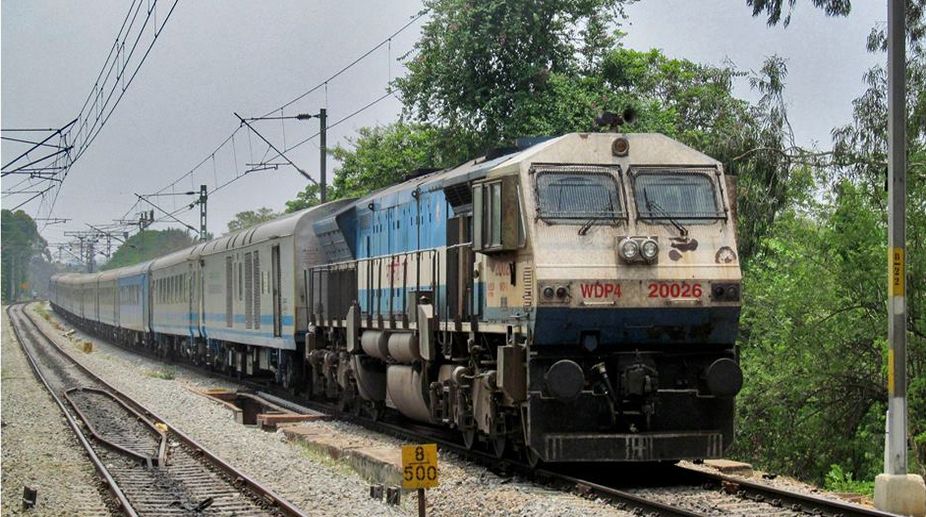KMC focus on slum area development for next fiscal
With emphasis on women-centric projects, the city’s slum areas are slated for an infrastructural development in the next fiscal.
A passenger train and a goods train collided in Bhairab, around 80 kilometres (50 miles) from the capital Dhaka, causing the tragedy

Representational image (Photo: Getty Images)
In Bangladesh, a passenger train and a goods train collided on Monday, resulting in at least 15 fatalities and multiple injuries, according to authorities. Around 4:15 pm, a goods train and a passenger train on its way from Kishoreganj to Dhaka collided, resulting in the disaster.
According to a Bangladeshi TV channel report, which cited a police officer at the Bhairab Railway Station, thirteen dead have been discovered thus far.
Advertisement
According to the news source, a number of passengers were stuck beneath the damaged carriages.
Advertisement
Anowar Hossain, superintendent of Dhaka Railway Police, stated, “An early report said that the goods train crashed into the Egaro Sindhur from behind, striking two of the carriages.”
A passenger train and a goods train collided in Bhairab, around 80 kilometres (50 miles) from the capital Dhaka, causing the tragedy.
As rescue efforts continue, the number of fatalities could rise, according to local police spokesman Sirajul Islam.
Two passenger carriages were derailed in the collision in the eastern city of Bhairab when a goods train collided with a passenger train going in the other direction, according to officials.
Around 60 kilometres (38 miles) northeast of the capital Dhaka sits the town of Bhairab. “We have recovered 15 bodies, many are injured,” government administrator Sadiqur Rahman has reportedly been quoted by various news organisations.
Rescuers reported they could still see victims crushed and trapped under upturned carriages. “The death toll will rise,” Rahman declared.
He said that there were at least 100 injuries.
According to Rahman, the accident happened at approximately 4:00 pm (1000 GMT) when two trains reached the same track.
In Bangladesh, train accidents are frequent and frequently result from incompetent signalling, carelessness, outdated rails, or other dilapidated infrastructure.
Advertisement